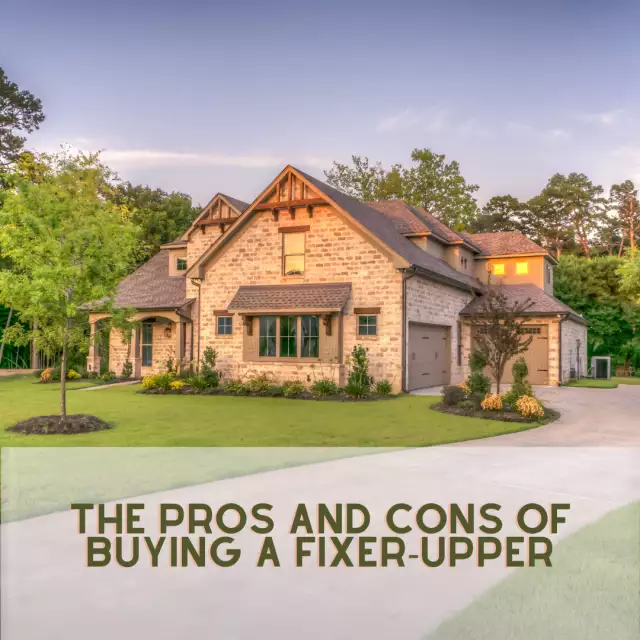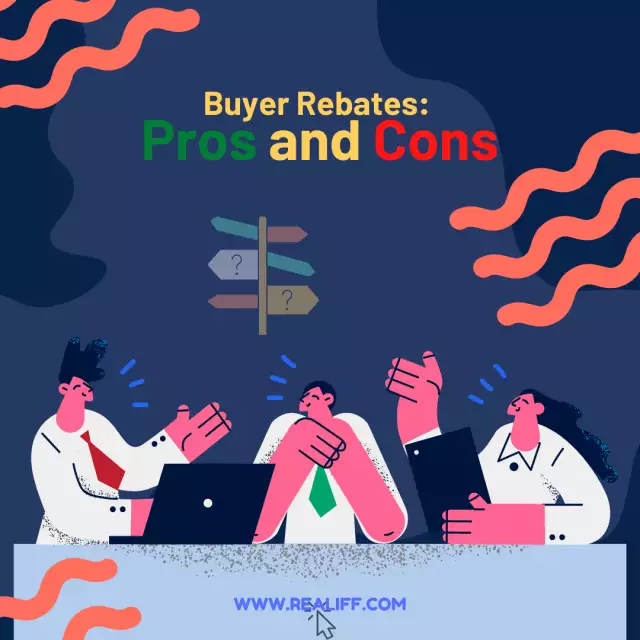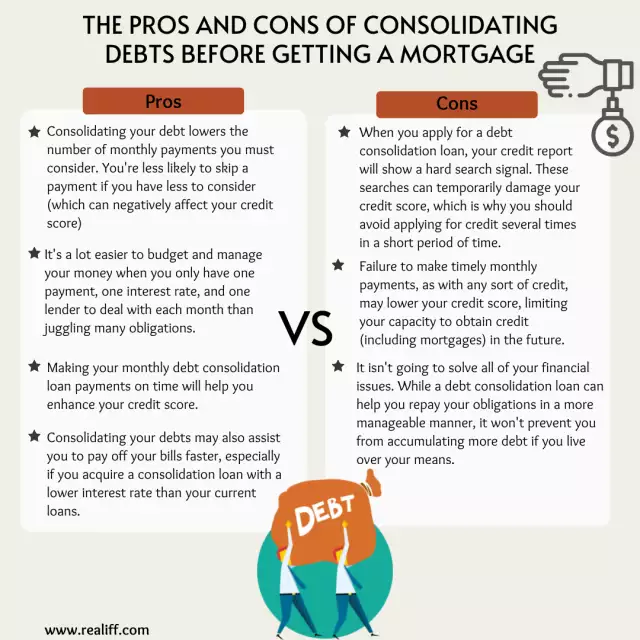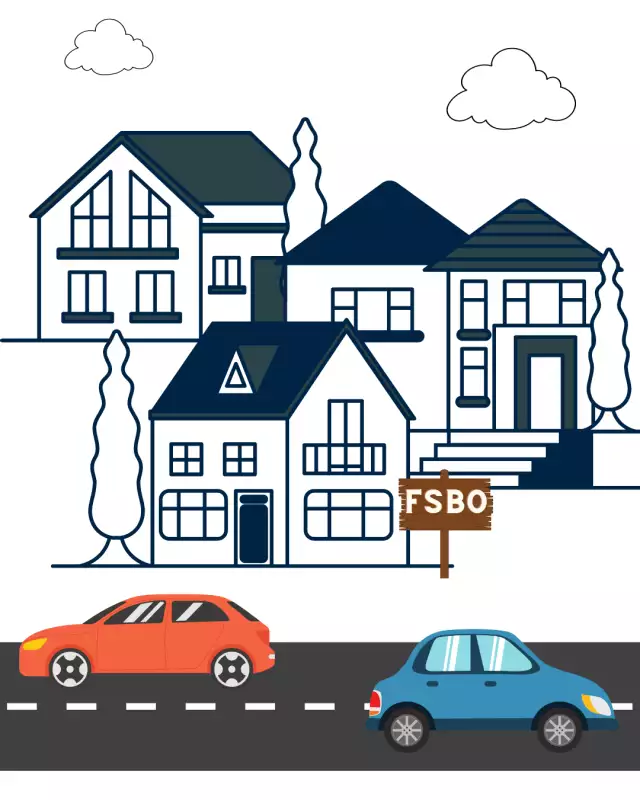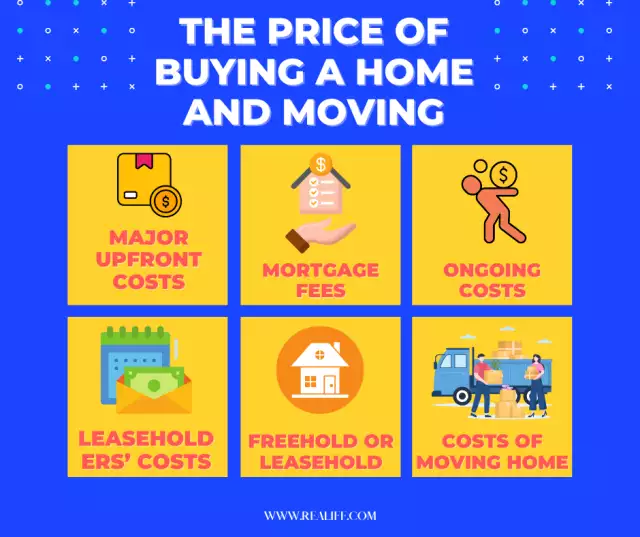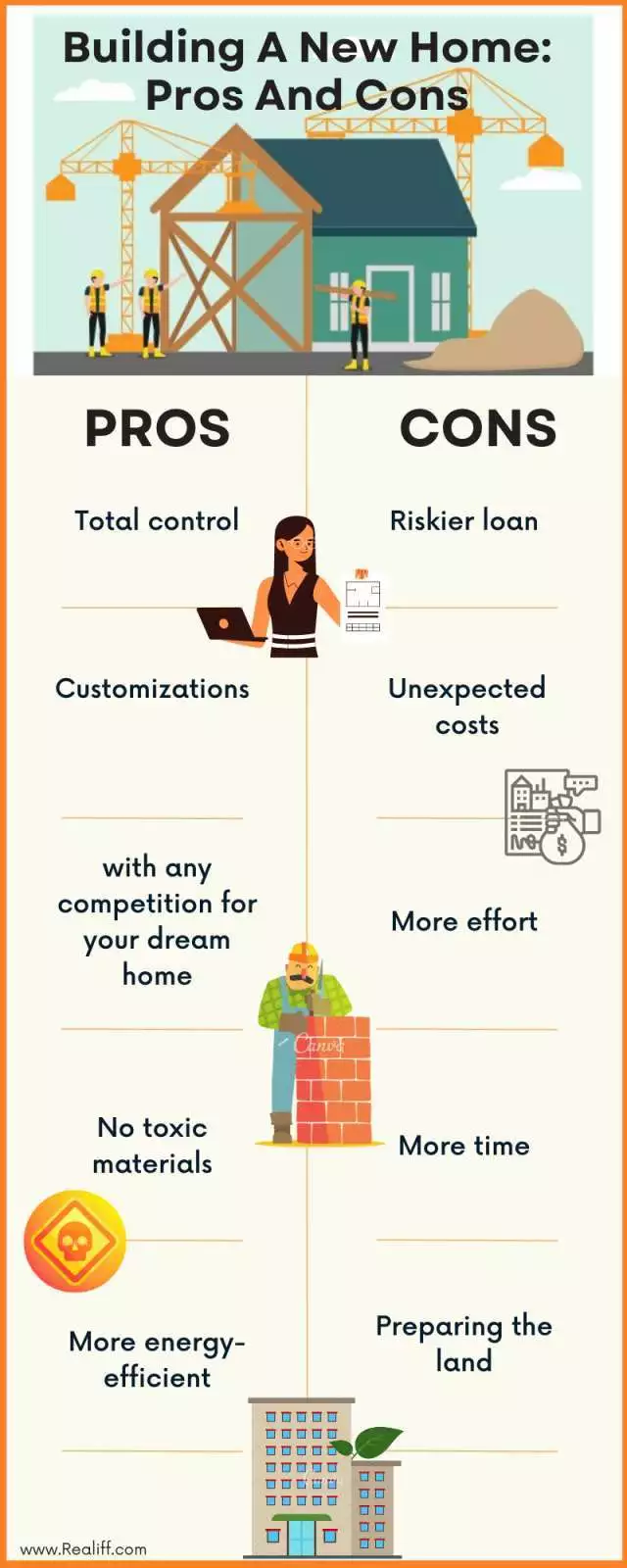The Pros and Cons of Buying a Fixer-Upper
Buying a fixer-upper can be an enticing prospect for those looking to save money or unleash their creative side in transforming a house into their dream home. However, it's important to carefully weigh the pros and cons before diving into such a project. In this blog post, we will explore the advantages and disadvantages of buying a fixer-upper to help you make an informed decision. We'll delve into the potential benefits such as a lower purchase price, personalization and creative control, investment potential, and the opportunity for learning. We'll also examine the potential drawbacks, including higher renovation costs, time and effort investment, skill and expertise requirements, and the uncertainties and stress associated with the process.
Pros of Buying a Fixer-Upper
Lower Purchase Price:One of the primary advantages of buying a fixer-upper is the potential for a lower purchase price compared to move-in-ready homes. Fixer-uppers often come with a reduced price tag due to their condition or the need for repairs and renovations. This lower entry point allows buyers to enter the housing market at a more affordable level or invest in a property with greater potential for appreciation.
5 Real Estate Marketing Ideas & Strategies
Personalization and Creative Control:By purchasing a fixer-upper, you have the opportunity to create a home that suits your personal tastes and preferences. Unlike buying a move-in-ready home where changes may be limited, a fixer-upper offers a blank canvas for your creative ideas. You can design and renovate the property to match your vision, making it a unique space that reflects your personality. This level of personalization is often challenging to achieve in already-finished homes.
Investment Potential:Buying a fixer-upper can be a smart investment strategy if you have the time, skills, and resources to carry out the necessary renovations. With proper planning and execution, you can significantly increase the property's value. By carefully selecting renovation projects that provide a high return on investment (ROI), such as kitchen or bathroom upgrades, adding square footage, or improving energy efficiency, you can potentially maximize the resale value of the property. This investment potential can yield a higher ROI when it's time to sell.
Learning Experience:Taking on a fixer-upper project can be a fantastic learning experience. It provides an opportunity to gain valuable knowledge about home improvement, construction, and design. As you tackle different renovation tasks or work alongside professionals, you can develop new skills and broaden your understanding of the various aspects involved in the renovation process. These skills can be utilized in future projects or even as a source of income if you decide to venture into the real estate market or home improvement industry.
Tips for selecting an apartment
Cons of Buying a Fixer-Upper
Higher Renovation Costs:While fixer-uppers have a lower purchase price, the cost of renovations and repairs can quickly add up. It's crucial to conduct a thorough inspection of the property and accurately estimate the expenses involved in the renovation process. There may be hidden issues, such as structural damage, electrical or plumbing problems, or mold, that can significantly increase the overall renovation costs. It's essential to have a contingency fund to account for these unexpected expenses.
Time and Effort:Renovating a fixer-upper demands a significant investment of time and effort. Depending on the extent of the renovations needed, you may have to dedicate several months or even years to complete the project. During this time, you need to be prepared for the challenges and disruptions that come with living in a construction zone. The renovation process can be messy, noisy, and inconvenient, which can impact your day-to-day life. Additionally, completing the renovations may take longer than anticipated, further delaying your plans to move into the property or rent/sell it. It's important to consider your timeline and availability to commit to the project before taking on a fixer-upper.
5 Ways To Pay Off A Loan Early
Skill and Expertise Requirements:Unless you possess the necessary skills and knowledge to tackle the renovations yourself, you'll need to hire professionals for various tasks. Finding reliable contractors, architects, and designers and managing their work can be time-consuming and may add to the overall expenses. Additionally, coordinating different tradespeople and ensuring they deliver the desired results can be a challenging task. Lack of expertise or experience can lead to costly mistakes or subpar workmanship, which can affect the quality and value of the final outcome.
Uncertainty and Stress:Embarking on a fixer-upper project can be emotionally and mentally taxing. The inherent uncertainties of home renovation can lead to stress and frustration. Unforeseen issues or complications may arise during the renovation process, such as discovering hidden structural damage or encountering unexpected delays due to permit issues. Budget constraints can also cause stress, as renovation costs may exceed your initial estimates. It's important to consider your tolerance for stress and uncertainty before committing to a fixer-upper.
WHAT DO BEST REAL ESTATE BLOGS HAVE IN COMMON
Conclusion
Buying a fixer-upper can be a rewarding endeavor for those seeking affordability, creative control, and the potential for a higher return on investment. However, it's essential to carefully evaluate the associated costs, time commitment, and challenges involved. Before making a decision, consider your budget, skills, and willingness to embrace the journey of transforming a property into your dream home. With thorough planning, realistic expectations, and a willingness to invest time and effort, a fixer-upper can be a worthwhile investment opportunity. Ultimately, the decision to buy a fixer-upper depends on your specific circumstances, goals, and willingness to undertake the renovation journey.
